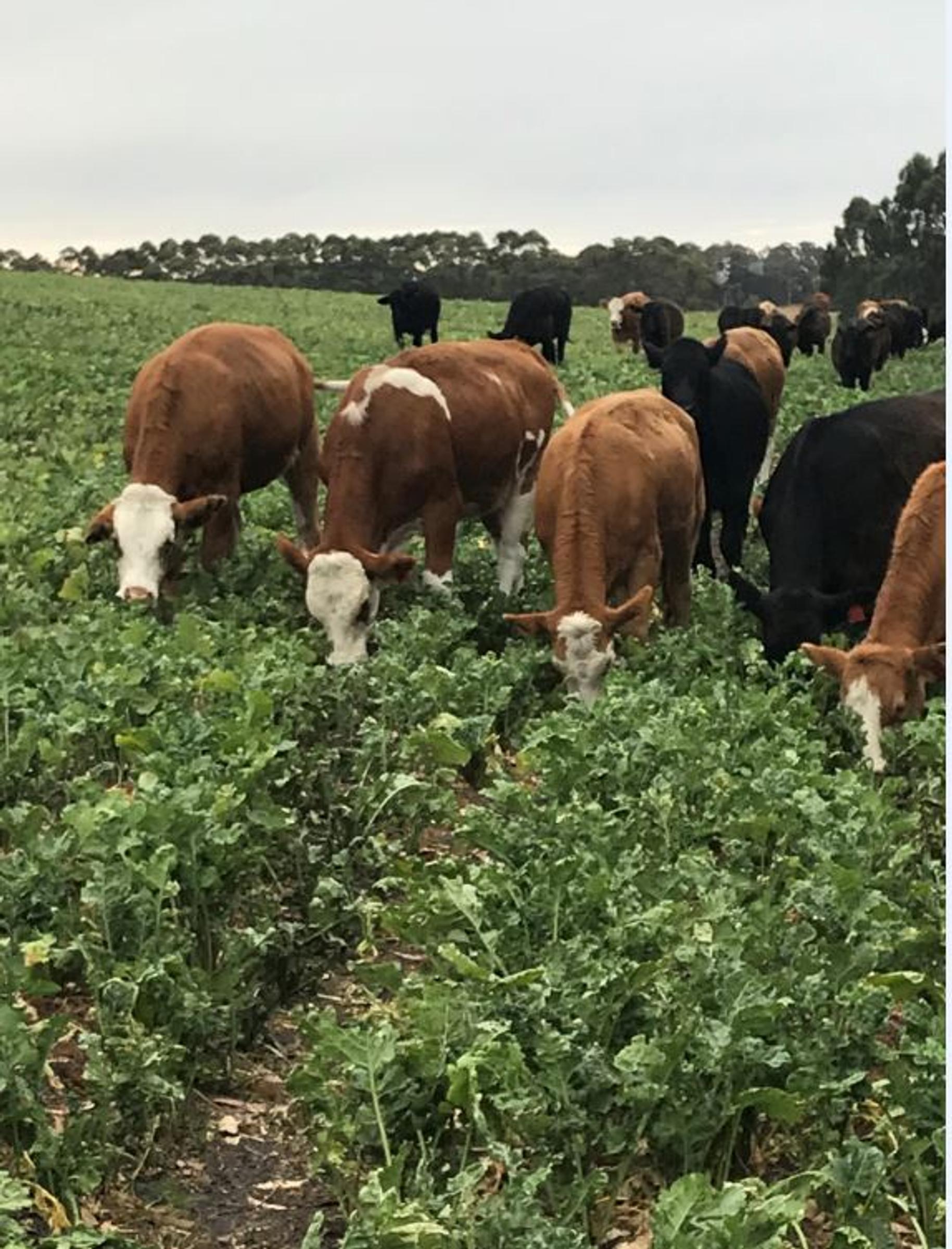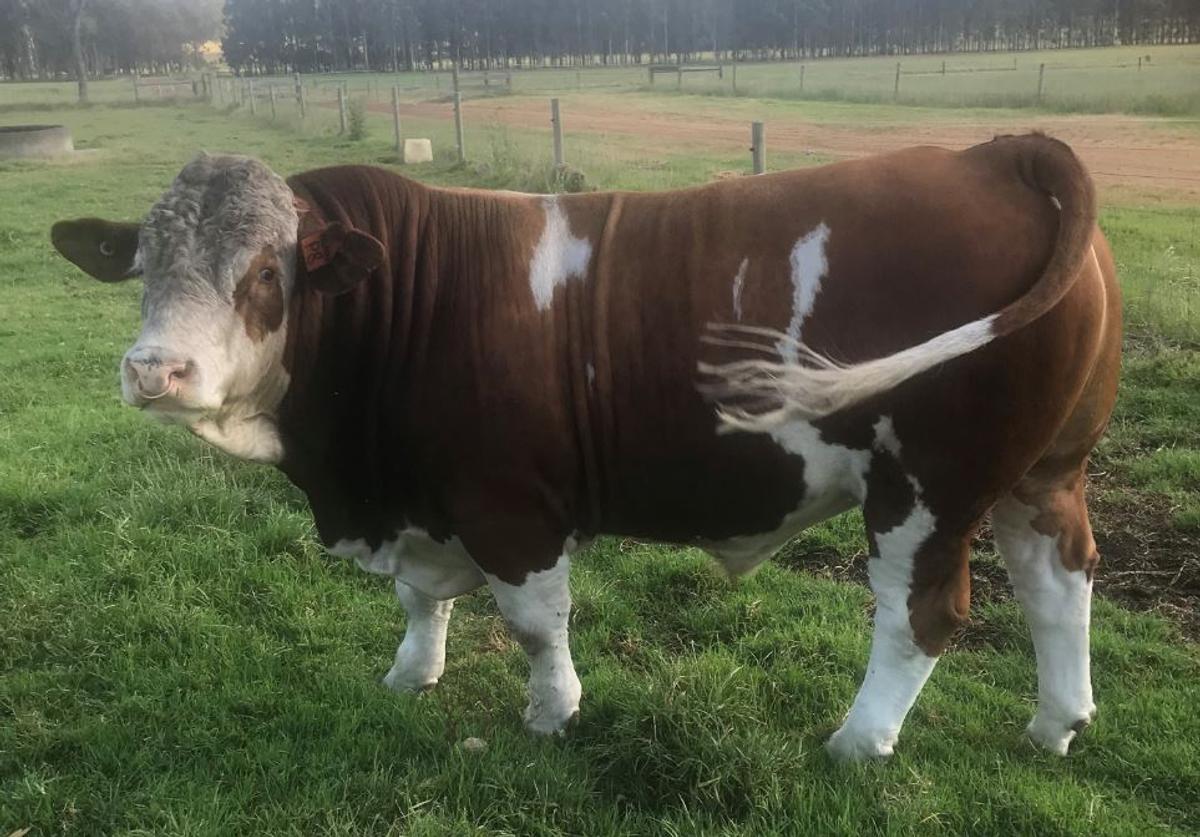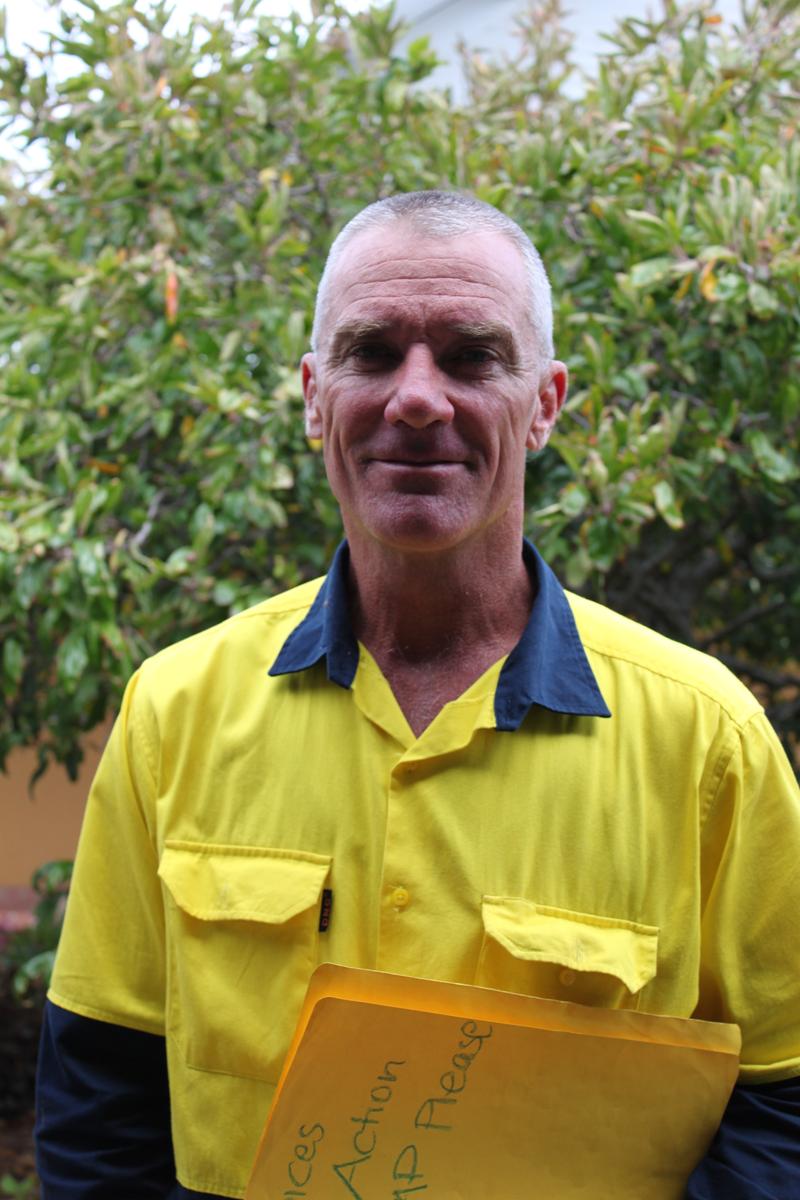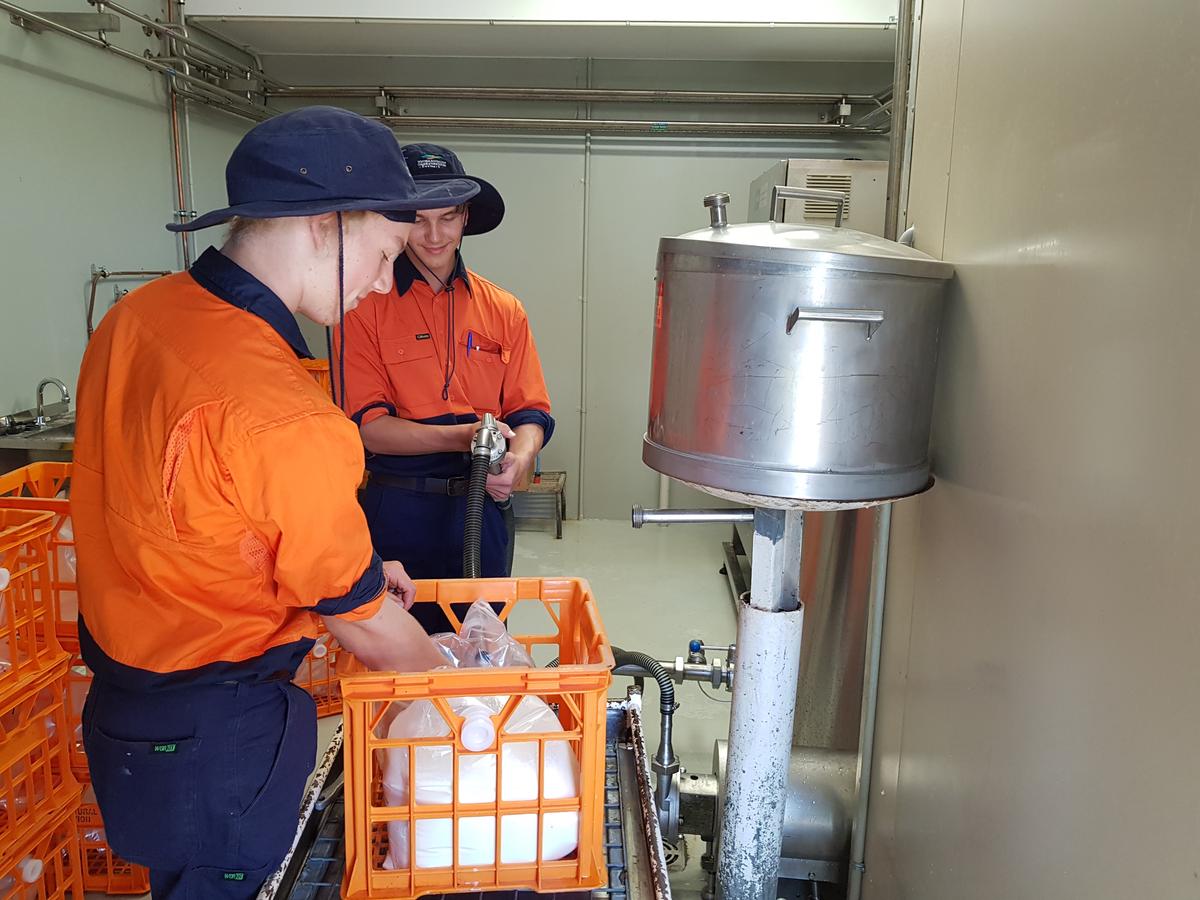Farm Manager Report

Farm Manager Report
The start of the year brings a new season and new students. Farm staff would like to welcome all previous and new students and look forward to another exciting year in Denmark. In the holiday period farm staff maintained the livestock enterprises and made sure everything was prepared for the coming year.
Bulls Sold, Heifers Bought
During January was the Blue Ribbon Bull Sale at Mount Barker where the farm offered two Simmental bulls for sale. With a very dry season in 2019 across vast areas of the wheat belt and Great Southern, selling the bulls was always going to be challenging, however it was pleasing to see both sell. Achieving a top price of $5000.00 for one of the bulls was a good result for the Stud.


Above: Bull Inlet Views Porter
On the same day as the bull sale there was a female breeders’ sale earlier in the morning. This is a sale where cattle farmers from the South West prepare lines of young heifers for sale. Cows are in calf and pregnancy tested and are sold in a public auction system. Farm Manager Mr Marshall and Cattle Training Officer Mrs Parsons carefully looked through several lines of Angus heifers and purchased eleven for a price of $2100.00 per head. The heifers are approximately thirty months of age and due to calve between March and May 2020. They are very well grown cattle with particular attention to detail shown to their structural correctness, hip and pin width and quality feet structure. These cattle will add numbers to the commercial herd after 2019 when a large number of older cows were dispersed.
Things to look forward to for 2020
With the new year comes not only the normal farming routine but several ongoing projects with the farm’s development. The Eastern side of the farm is having infrastructure built to improve facilities on the east side of the Mt Barker Road. Several km's of fencing will be erected for lane-ways linking all directions through to a central location where a set of small cattle yards will be constructed. The yards will have a quality handling crush and loading ramp and will be used for sheep and cattle. The lane-ways will be graded and formed up into roads laying a gravel base and culverts diverting water run off where required.
Several of the larger paddocks are being sub-divided into equal portions which will allow easier pasture management and grazing control.
Unbelievable Brassica
Last year during October the farm cultivated seven hectares of unproductive sandy soil and planted a new crop called Raphano Brassica. It is a cross between Radish and Kale and is used as livestock feed. The seed germinated well and grew quickly to a height of 30cm. Cattle grazed it down until there was no leaf matter left and then they were removed and the crop goes dormant until it rains. Being fortunate enough to live on the South Coast where it rains quite often Denmark received 36mm in early January and the crop is once again booming in growth. The cattle are now being grazed for the second time with thick foliage providing a feed source incomparable to other summer pastures. This is an exciting trial and so far could play a very important role in the summer pasture production on the farm.
Events coming up
Wagin Woolorama and the Harvey Beef Gate to Plate events are quickly approaching and students have the opportunity to be involved with the sheep, cattle and wool events. I encourage all students to have a go and enjoy the showing experience.
We wish everyone a great start to 2020.
Kevin Marshall,
Farm Manager


A long awaited new pasteuriser for the College Dairy is now fully operational. Year 10 students are getting a taste of working in an automated robotic dairy and the new pasteuriser is another piece of equipment managed by staff and students on-site. Offering practical experience to their set of competencies. Milk is piped in one end of the pasteuriser, which then flows between a set of heating pipes or plates, heating the milk to a specific temperature to kill harmful bacteria – it is then cooled to complete the pasteurisation process. Pasteurisation was developed by Louis Pasteur in 1864 to kill organisms responsible for diseases such as listeriosis, typhoid fever, tuberculosis, diphtheria and brucellosis.
Students will be processing between 300-400 litres of milk per week, some of which will be used for general consumption and the College kitchen. The remainder of the College milk is sold to Harvey Fresh. This adds to the ethos of the College to be as self sufficient as possible, growing vegetables and producing meat and eggs for the College kitchen.

